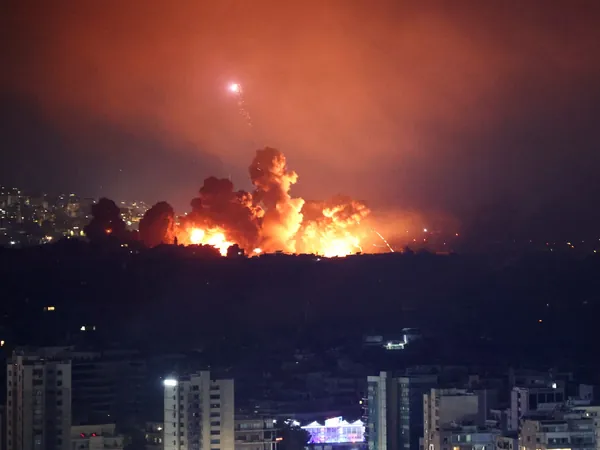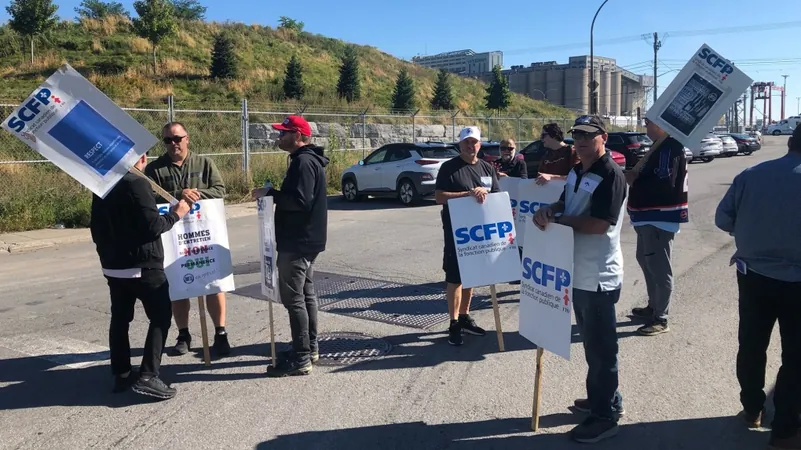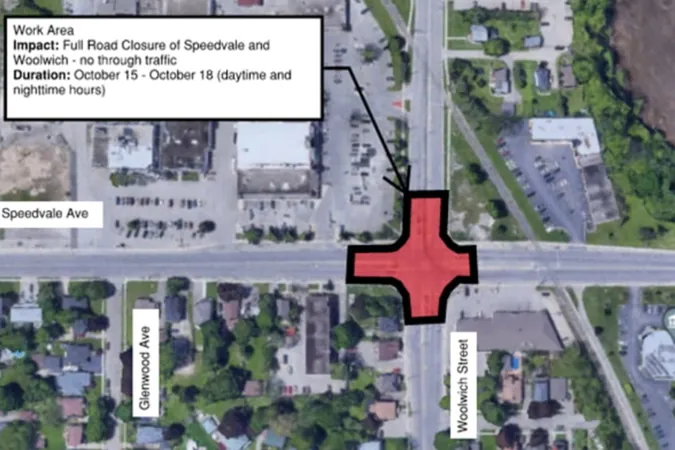
Palestinians in Lebanon: Refugees Living Under the Shadow of Israeli Air Strikes
2024-10-06
Beirut, Lebanon – As darkness descends, the atmosphere in Beirut becomes tense; the ominous hum of drones and the distant rumble of warplanes fuel the terror that grips both Lebanese citizens and Palestinian refugees residing in the city. The ongoing Israeli airstrikes, intensified since late September, have primarily targeted the Dahiyeh area, a southern suburb that was once vibrant and bustling. Now, it lies in ruins, with countless civilians falling victim to the escalating violence.
Thousands of residents are fleeing to make-shift displacement centers throughout Beirut, seeking temporary refuge from the relentless attacks. Within this context, the Shatila refugee camp stands out with its cramped conditions, where approximately 20,000 Palestinians live in just over a square kilometer (about 0.3 square miles). The ordinarily bustling streets are eerily quiet as many women and children have abandoned their homes in a desperate bid for safety.
Majdi Adam, a 52-year-old Palestinian, recounted how his family made the difficult decision to leave for Syria due to the fear permeating their lives. "I didn’t leave because I’m used to living through wars. I feel very connected to Shatila," he shared. "But many others left because they fear what is happening in Dahiyeh could soon reach us."
A Humanitarian Crisis Unfolds
Since the escalation of hostilities, Lebanon has been grappling with a catastrophic humanitarian crisis. The death toll has soared, nearing 2,000 casualties, and more than a million have been displaced across the country. The plight of Palestinian refugees, who have been living in camps since the Nakba of 1948 — the mass displacement that occurred with the founding of Israel — has grown increasingly dire.
Recent airstrikes have targeted several revered Palestinian refugee camps, including Beddawi in Tripoli, Ein el-Hilweh in Sidon, and el-Buss towards Tyre. A recent air attack led to the death of a Hamas commander in Beddawi, while innocents were caught in the fray during an attempted assassination in Ein el-Hilweh. The pattern of targeting Palestinians has raised concerns among local community leaders, who fear that camps may become secondary targets in this relentless conflict.
In Lebanon, a significant legal discrimination exists against Palestinians, limiting their access to 39 professions and property ownership. According to the United Nations, this systemic discrimination has plunged 93% of Palestinians into poverty, as the Lebanese government's stance is rooted in a desire to maintain their "right of return" to Palestine.
Community Resilience Amid Adversity
In stark contrast to the fear gripping Shatila, a resilient spirit is emerging among its residents. Local businesswoman Fatima Ahmed, 48, took it upon herself to rally her community, initiating a project to create blankets for displaced families forced to sleep in the open. "We were all stressed in the camp from the sound of the bombing. To forget what’s happening, we decided to come together and to work. I feel like we are making a difference," she stated proudly.
Since launching her effort, Fatima and her team have produced over 3,000 blankets, which they distribute to those in need without any profit margin, simply recouping material costs from aid organizations. Their unwavering dedication is a poignant reminder of the solidarity that can flourish amid despair.
The Right of Return and Ongoing Struggles
The call for the right of return for Palestinian refugees is not just a political statement; it stems from UN resolution 194, which acknowledges their right to return home and seek compensation for lost property. Despite this, Israel has vocally criticized UN efforts to support these rights. Reports suggest that the Israeli government aims to destabilize the Palestinian narrative by targeting refugee camps, further displacing their populations and pressuring them to abandon their claim to return.
A respected figure from the Mar Elias camp warned that if the camps were bombed, it would not be a surprise. "Israel’s goal would be to undermine our existence and our right to return home," he stated, emphasizing the profound implications of the ongoing violence.
As the situation continues to unfold, the world watches the heartbreaking struggle of Palestinians in Lebanon — a vivid reminder of a long-standing conflict fraught with human suffering, resilience, and unyielding hope for justice and peace.









 Brasil (PT)
Brasil (PT)
 Canada (EN)
Canada (EN)
 Chile (ES)
Chile (ES)
 España (ES)
España (ES)
 France (FR)
France (FR)
 Hong Kong (EN)
Hong Kong (EN)
 Italia (IT)
Italia (IT)
 日本 (JA)
日本 (JA)
 Magyarország (HU)
Magyarország (HU)
 Norge (NO)
Norge (NO)
 Polska (PL)
Polska (PL)
 Schweiz (DE)
Schweiz (DE)
 Singapore (EN)
Singapore (EN)
 Sverige (SV)
Sverige (SV)
 Suomi (FI)
Suomi (FI)
 Türkiye (TR)
Türkiye (TR)